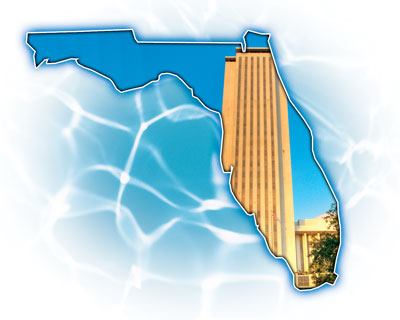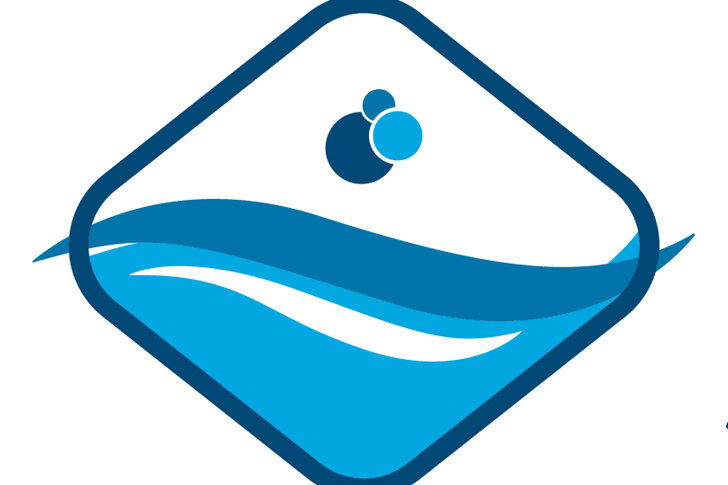Thousands of commercial pools and spas across Florida will be subject to new safety standards under a bill that awaits the governor’s signature.
House Bill 849, which passed the state legislature earlier this month, calls for certain public vessels built before Jan. 1, 1993, to be retrofitted with one of several devices or systems that prevents entrapment and evisceration. It also requires that a licensed pool or spa contractor handle the installation.
“The core responsibility of government is to protect our citizens to the best of our ability,” said Republican state Rep. Larry Ahern, who also is a member of the Florida Swimming Pool Association. “Ideally, I would have liked to be able to talk about it more before we settled on multiple options. But we can always go back and address the issue again if there are any problems with implementation.”
Gov. Rick Scott is expected to sign the legislation sometime before the effective date of July 1. If he does nothing, it automatically becomes law. Or he may choose to veto it, which is not considered likely.
A major turning point in the state’s entrapment-prevention efforts took place in 1993, when the Department of Health began requiring all new public pools and spas be built with gravity-drainage systems. However, vessels already in existence at that time weren’t addressed until 2009, when the health code was revised to require gravity-system retrofits of pools and spas built before 1993.
The rule called for a phased implementation with staggered deadlines, the latest being 2013. It’s estimated that at the present time, 5,000 to 6,000 vessels remain to be retrofitted statewide.
The current legislation, H.B. 849, is actually part of a much larger bill that addresses building codes, but was amended to include a section on public pools and spas.
The measure’s path through the statehouse was contentious, with industry members coming out for and against it.
In fact, its life began, in early March, as a set of House and Senate bills modeled after the federal Virginia Graeme Baker Pool and Spa Safety Act. Citing concerns with its language, however, Sarasota, Fla.-based industry lobbyist Jennifer Hatfield and others opposed the original measure.
But those bills never moved forward. Instead, the language on drain covers and multiple safety devices was lifted from the original bills in late April and added to H.B. 849, considered high-priority building-code legislation.
Members from FSPA and the Tampa, Fla.-based United Pool & Spa Association then worked with lawmakers to refine the amendment’s language. In the end, industry advocates were satisfied with the results.
“Basically, our intentions were to ensure a licensed contractor installs any device or system, and that it protects against the different forms of entrapment,” Hatfield said. “So ultimately I feel like we were able to work with [bill sponsor] Rep. Daniel Davis to find the best solution possible.”
It is now up to the health department to determine which safety options conform to the pending law. They include SVRS’s, suction-limiting vent systems, gravity-drainage systems, automatic pump shut-off systems and drainless systems.
Health officials, in addition to issuing a formal interpretation, also likely will require time to notify affected facility owners and operators.



